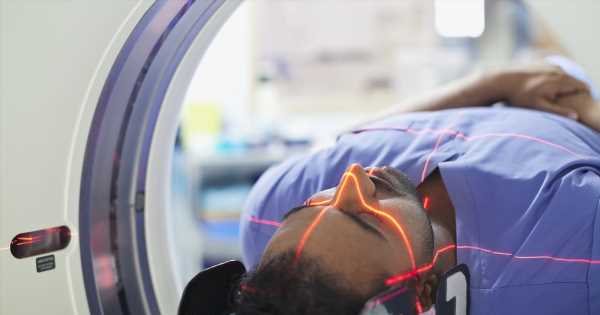Integrating digital solutions into care pathways has the potential to improve efficiency, enhance patient care, increase patient engagement, support data-driven decision making, and reduce healthcare costs.
But efficiently redesigning traditional care requires a clearly defined problem and the engagement of healthcare stakeholders, patients, clinicians, and technology vendors.
A session at HIMSS European Health Conference and Exhibition (June 7-9) in Lisbon, will take a closer look at the process of breaking down a patient pathway to analyse its weak points and gaps to discover where it can be optimised with integration of digital solutions.
It will feature a deep dive into a German asthma pathway initiative to use patient-reported outcome measures to prevent deterioration and attacks. This pathway has been created through open consultation with specialists and stakeholders along the care journey, including partnerships with Vodafone and Amazon.
There will also be a case study from Wales about the journey to create a single care record accessible by all healthcare professionals across the nation.
WHY IT MATTERS
Integrating digital solutions into care pathways plays a vital role in advancing the quality and accessibility of healthcare services.
However, there are many challenges to be overcome such as ensuring data privacy and security, achieving interoperability and data integration, overcoming resistance to change and adoption, addressing technical infrastructure, promoting digital literacy, and managing costs. By addressing these difficulties, healthcare systems can harness the full potential of digital solutions, leading to improved patient care and healthcare delivery.
The session ‘Reimagining care pathways through the digital lens’ on 8 June, will be moderated by Bonnie Clipper, founder and CEO of healthcare innovation consulting firm Innovation Advantage. Speaking in the session is Harry Meijer, digital health advisor and chairman of International Cloud Health Records (ICHR). He will be joined by Rhidian Hurle, chief clinical information officer (CCIO) for Wales and medical director at Digital Health Care Wales. Also speaking is Laura McDonald, chief product and partnerships officer at the healthcare app Care Circle UK.
THE LARGER CONTEXT
Across the EMEA region healthcare providers are considering ways to optimise care pathways using technology. One recent example is the Sheba Medical Centre in Tel Aviv, Israel, which has integrated the AI solution Aidoc to help clinicians read CT scans. This is being used to predict strokes and other life-threatening conditions more quickly and accurately, as well as producing efficiencies and cost savings by allowing more scans to be interpreted.
Source: Read Full Article
